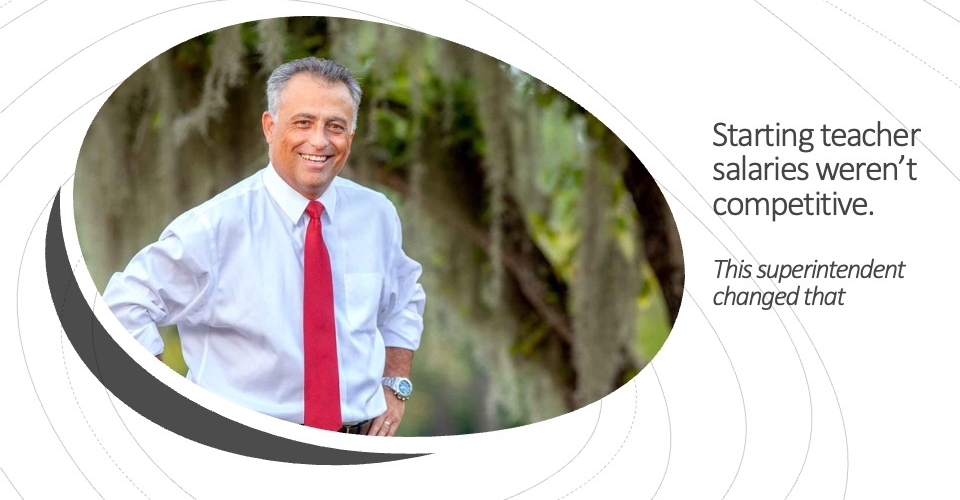K12 leaders envision AI transforming education in many ways but are not fully confident that schools are ready to realize AI’s full potential, a new analysis contends.
Superintendents believe AI can make teachers’ jobs easier, improve educators’ ability to meet students’ special needs and accelerate learning across the board, according to interviews conducted for the Center on Reinventing Public Education’s “We Can’t Blow It” report. But these leaders also say there’s lots of work to be done.
“They want help that goes far beyond policy guidance,” the authors of the report write. “They worry that without support, student inequities will widen, and only the most advantaged districts and motivated teachers will be able to prepare students for the realities of the AI economy and civic society.
“One district leader warned, ‘We can’t blow it here,'” they added.
Personalization, training and AI gaps
The district leaders interviewed are optimistic that AI can truly differentiate instruction based on each student’s needs, which could help schools close achievement gaps. They also said the technology must be integrated into classrooms because students will need to know how to use AI in college and their future careers.
A big hurdle, however, is that many teachers—and administrators—lack even a basic understanding of artificial intelligence’s abilities. Teacher training was therefore the top need identified by district leaders, the report asserts. “One district leader put it bluntly: “So my worry is that … Our staff does not have the wherewithal to just open their minds and say, ‘Alright, what are possibilities?’” one district leader said. “Instead of focusing on what the kids are using it for, how can we utilize it?”
Listen to DA: Pace of new superintendent hiring is not slowing down
Administrators remained worried about plagiarism and cheating and that students may over-rely on AI and not learn basic skills. They are also increasingly concerned about costs “ballooning out of control” as more products advance beyond the experimental stage.
This could create an AI gap, leaving behind districts, students and families who can’t afford the technology. “If I can’t find a financial model that makes sense, then it really doesn’t matter,” one superintendent told the authors. “I’m not going to be able to move it forward.”
Unlocking the power of AI in schools
The report highlights promising steps districts are taking to embrace AI:
- Instructional quality: Teachers are identifying “essential questions” for their content areas and grade levels and using AI to determine if their curriculum covers what students need to know to answer those questions.
- Improving assessments: Educators are using AI to create test questions that can’t be easily answered by AI.
- Providing instructional support to virtual tutors: Tutors can better tailor their coaching after AI analyzes student work for mistakes.
- Project-based learning: Newly developed AI-enabled tools help students devise projects that blend their interests and talents with learning targets.
The report notes that other countries are well ahead of the U.S. in helping schools integrate AI. Education leaders overseas are already providing large-scale teacher training, AI curricula and tools to make teaching more efficient and effective.
“More. U.S. education leaders also say they need and want this kind of large-scale assistance,” the authors conclude. “Without it, it seems likely that teacher uptake will be sporadic, opportunities to customize support for students with unique needs will be missed, and inequities will grow.”









